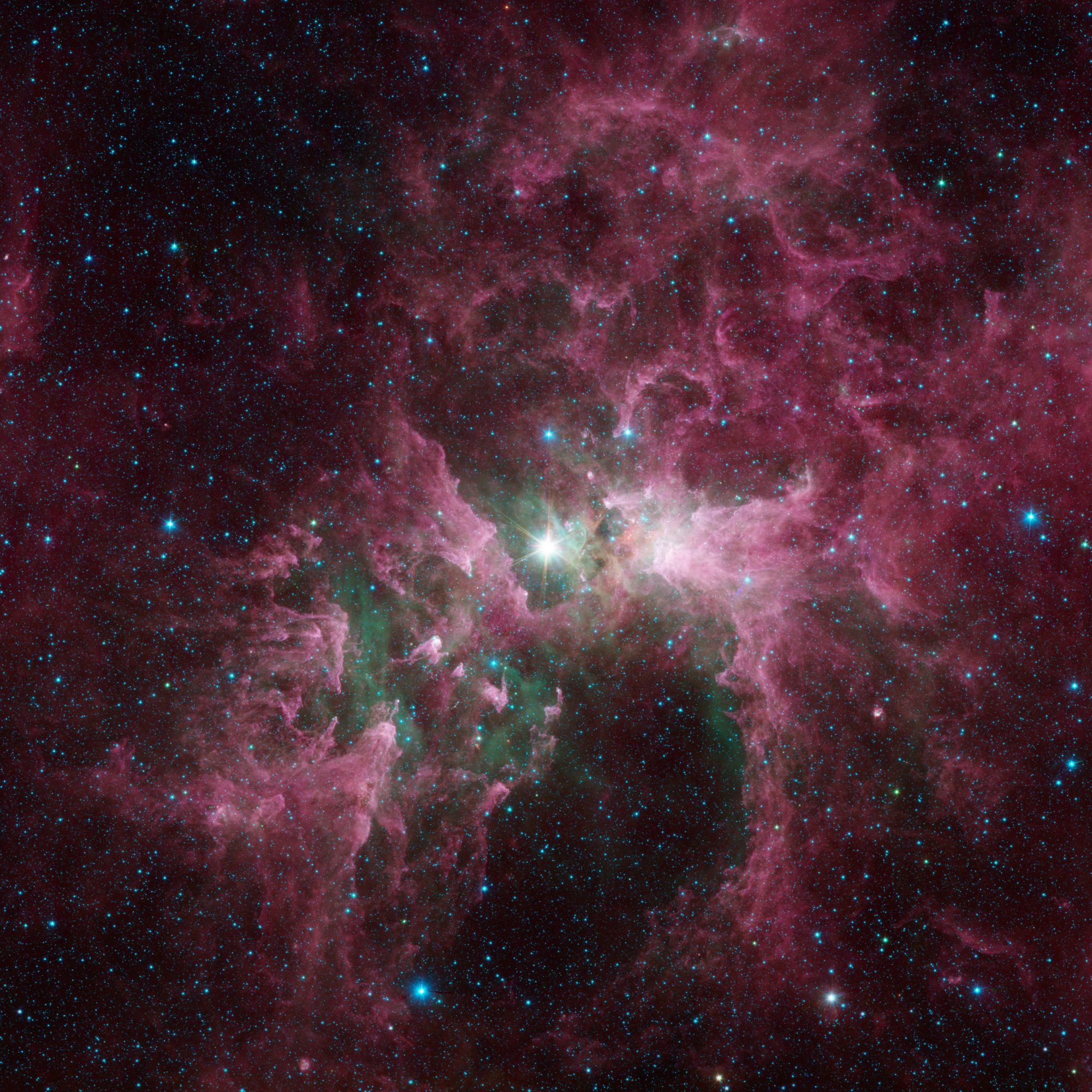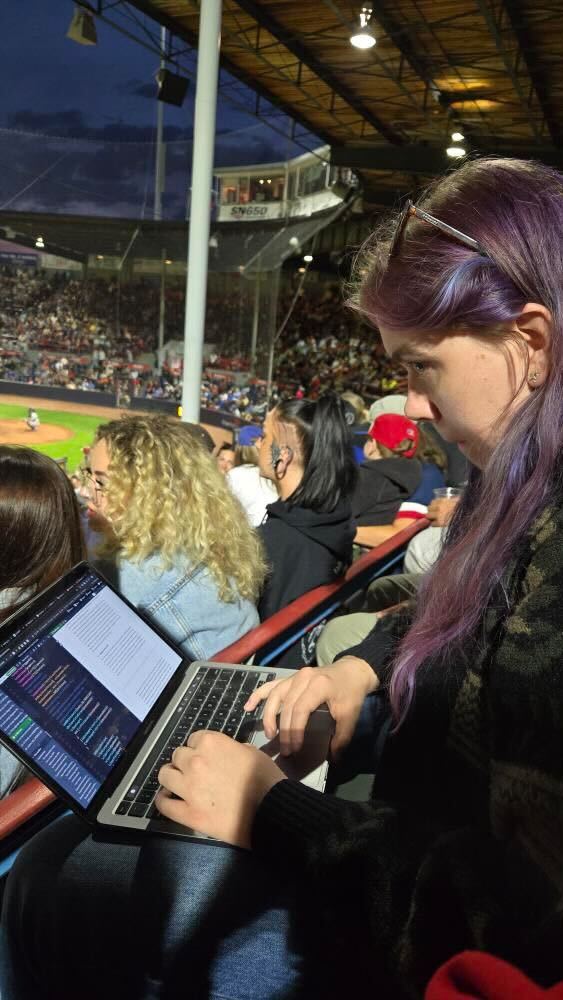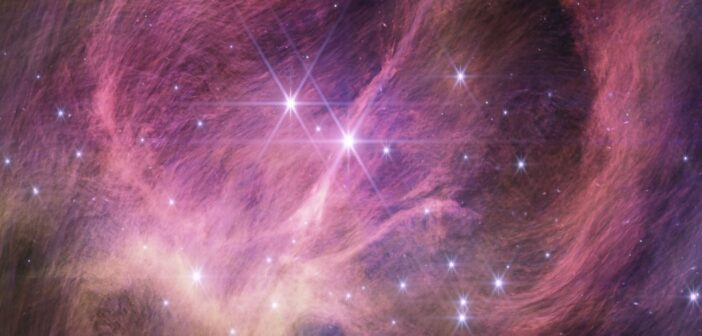The Cooke lab is presenting a guest seminar by Dr. K. Douglas from the University of Leeds, on April 5th at 4:30pm in CHEM D213. The seminar is titled: Low temperature chemistry of NH and NH2 relevant to the interstellar medium.
Abstract:
Understanding low temperature gas-phase reactions is vital to understanding a range of environments, ranging from planetary atmospheres to the interstellar medium. However, measuring low temperature rate coefficients in conventional reaction cells is problematic. We employ a Laval nozzle gas expansion technique in order to measure reaction rates at low temperatures. I will present recent result on our experimental and theoretical investigations into the reactions of NH and NH2 with formaldehyde, CH2O, acetaldehyde, CH3CHO, and NO. Reactions with NO display a negative temperature dependence, while the reactions with CH2O and CH3CHO display U-shaped temperature dependence, with the observed rapid increase in rate at low temperature due to quantum mechanical tunnelling through the reaction barrier. The astrochemical implications of the new rate coefficients and branching ratios are also discussed.










